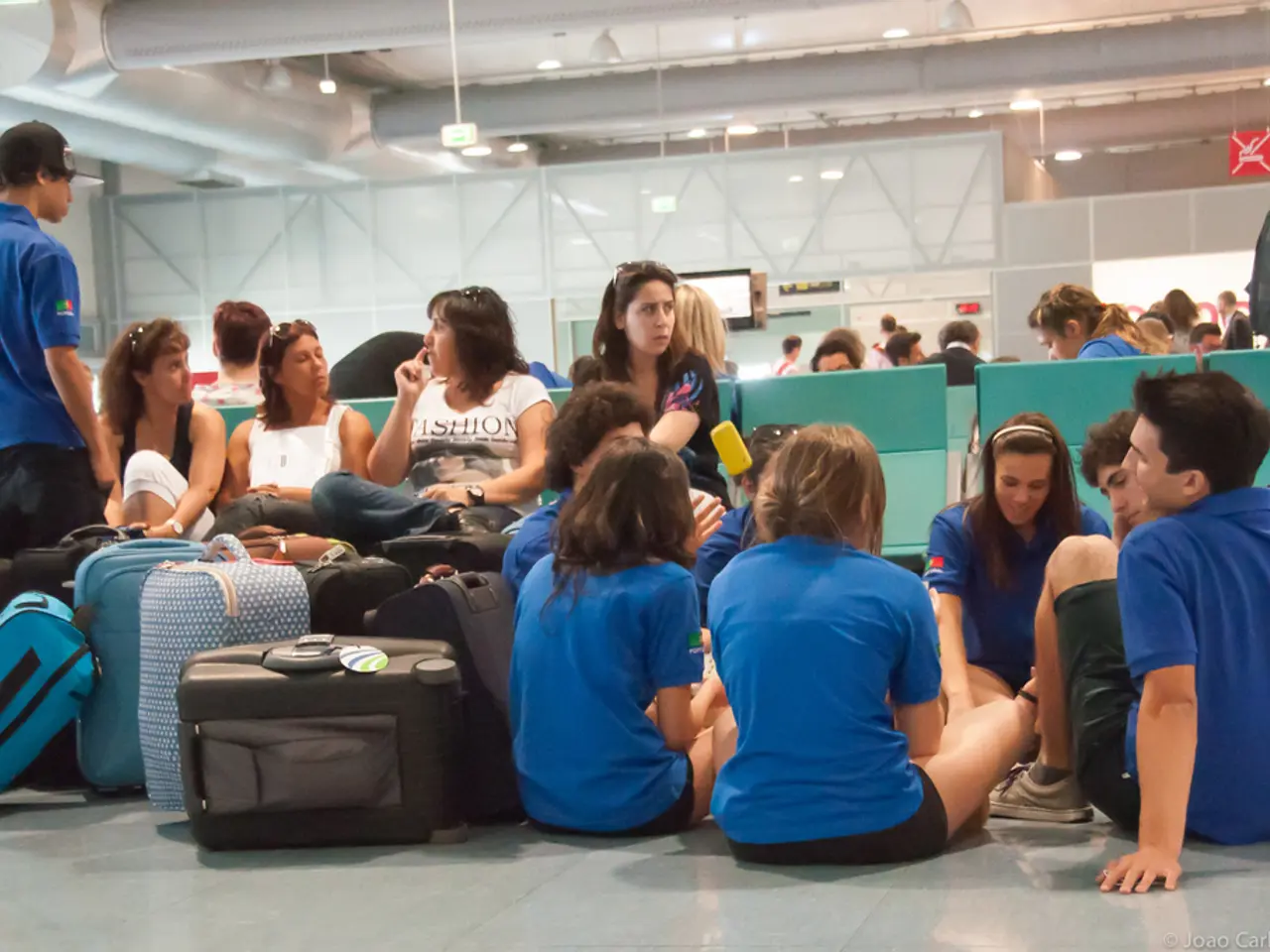Increased number of international airports in Indonesia to enhance global travel issuance.
Indonesia and Thailand have taken different paths in their airport infrastructure development, with Indonesia prioritizing direct investment to boost connectivity and tourism, while Thailand appears to focus more on stimulating demand and dispersing tourists across regions.
In Indonesia, only five international airports, including Jakarta and Bali, operated regular overseas flights last year. However, under President Prabowo Subianto, the country has doubled its number of international airports to 40, aiming to modernize key hubs like Weda Bay and Morowali Industrial Park. The Transportation Ministry's Director General of Civil Aviation, Lukman F. Laisa, recently stated that airports must prepare immigration, customs, and quarantine services and comply with international safety standards before accepting overseas flights.
In contrast, Thailand's Phuket airport is seeking state support for infrastructure improvement, but no clear evidence shows it has received support comparable in scope or explicit intent to Indonesia's airport development program. The Thai government is investing heavily in airport infrastructure broadly, with major expansions of key airports like Suvarnabhumi Airport targeted at handling 120 million passengers per year by 2030. However, the focus seems to be on stimulating demand and dispersing tourists across regions via flight subsidies rather than targeted infrastructure improvements at Phuket or other specific airports.
Thailand's emphasis on tourism promotion subsidies and airport expansions in Bangkok contrasts with Indonesia's approach, which appears more focused on direct investment in airport infrastructure to boost connectivity and tourism nationwide. President Prabowo has recently directed officials to maximize direct international flights nationwide to stimulate regional tourism and business across Indonesia.
The international status of an airport carries a significant responsibility, and Indonesia's airports must comply with international safety standards. This commitment to safety and connectivity is evident in Indonesia's airport expansion efforts, which aim to boost tourism and economic growth.
References:
- Thai government to subsidize 200,000 free domestic round-trip flights for foreign tourists
- Thailand to offer free domestic flights to attract foreign tourists
- Suvarnabhumi Airport to target 120 million passengers per year by 2030
- East Expansion project at Suvarnabhumi Airport to be tendered in early 2025
In Indonesia's airport development strategy, the aim is to increase connectivity and boost tourism nationwide through direct investment in airport infrastructure, as evidenced by the expansion of key airports like Weda Bay and Morowali Industrial Park. On the other hand, Thailand seems to prioritize stimulating demand for travel and dispersing tourists across regions through tourism promotion subsidies, as suggested by the Thai government's plans to offer free domestic flights for foreign tourists.




